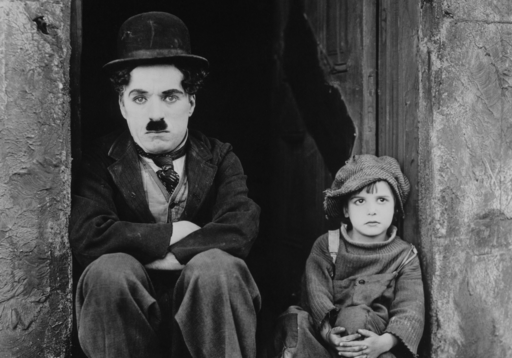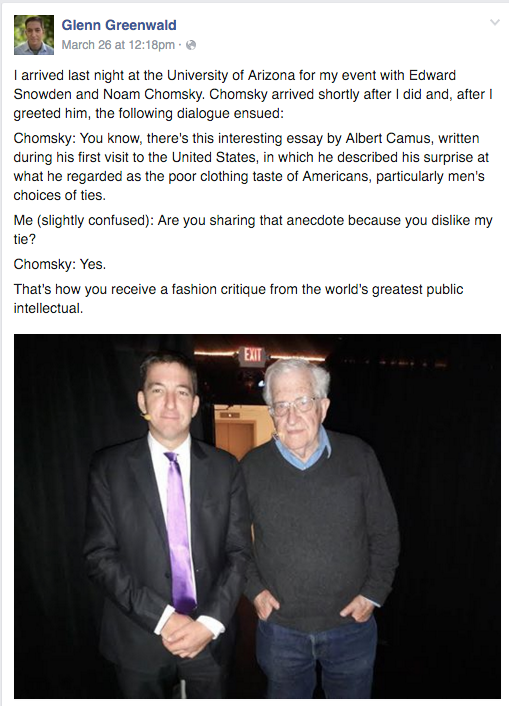Punk rock has a robust tradition of gross-out, offensive comedy—one carried into the present by bands like Fat White Family and Diarrhea Planet, who may not exist were it not for Fear, an unstable L.A. band lead by an obnoxious provocateur who goes by the name Lee Ving. Like fellow L.A. punks the Germs, Circle Jerks, and Black Flag, Fear gets credit for pioneering a California punk sound known for adolescent brattiness and a total lack of pretension to any kind of artfulness or cool.
Like many of their peers, Fear rose to prominence when Penelope Spheeris featured them in her 1981 punk documentary The Decline of Western Civilization, Part I. But before that seminal film’s release, Fear was discovered by John Belushi, who first caught the band on a local L.A. music show called New Wave Theatre in 1980. He tracked down Ving, who tells Rolling Stone, “we had a couple of beers and became fast friends.” At the time, Belushi was at work on his comedy Neighbors with Dan Aykroyd and contracted the band to record a song for the film (his last before his death in 1982).
The film’s producers, Rolling Stone writes, “were appalled” by the song “and refused to use it,” so to make it up to Ving and company, Belushi pushed to have the band booked on Saturday Night Live on Halloween, 1981. The resulting performance has become legendary for what happened, and what didn’t, and led to Fear becoming, says Ving, “one of the esteemed members of the permanently banned.” You can watch a clip above of the band playing “Beef Boloney” and “New York’s Alright if You Like Saxophones” above (introduced by Donald Pleasance), and just below see Ving in a clip from a recent interview show discussing the ill-fated gig.
Belushi stage managed the band’s appearance, striving for authenticity by bringing into the studio what Ving calls “an actual punk rock audience rather than just Mr. and Mrs. Missouri.” (That audience included now-legends Ian MacKaye of Minor Threat and Fugazi, members of New York hardcore band the Cro-Mags, and Tesco Vee of the Meatmen.) The resulting mosh pit was nothing out of the ordinary for the typical punk show. But, unsurprisingly, “the real audience at Saturday Night Live was scared to death,” says Ving, “They didn’t know what was happening with all the mayhem.”
During the riotous proceedings, SNL producer Dick Ebersol “got hit in the chest with a pumpkin,” some equipment was damaged, and during the final song, “Let’s Have a War,” an audience member grabbed the microphone and yelled out “F*ck New York!” The profanity freaked out NBC, who cut the broadcast short and shelved the footage for several years. The New York Post later quoted an unnamed NBC technician as saying, “This was a life-threatening situation. They went crazy. It’s amazing no one got killed.” The paper also quoted a figure of $400,000 for damages to the Rockefeller Center set.
But as Billboard reported two weeks later, the figure was totally erroneous (supplied to the Post by Ving as a practical joke, as he says above). “We had to pay $40 in labor penalties. That was the extent of it,” said SNL spokesman Peter Hamilton. As for the shock to viewers, it seems the network received “all of 12 complaints” after the broadcast. Ving himself found the overreaction ridiculous, and NBC’s long shelving of the footage—only recently made available in a truncated version—a humorless mistake. “They seem to be… losing the sense of humor about the whole idea,” he told Rolling Stone, “I had a sense of humor at the whole idea of starting Fear. It was extremely humorous to me, and I think John saw that humor.”
Indeed he did, but Belushi’s appreciation for Fear’s antics was ahead of its time. Now we can see, at least in part, what all the fuss was about. And we can also finally hear the long-shelved single for Neighbors that Belushi recorded with the band.
Related Content:
Young John Belushi Imitates Truman Capote & Performs Live on Second City Stage (1972)
The Stunt That Got Elvis Costello Banned From Saturday Night Live
5 Musical Guests Banned From Saturday Night Live: From Elvis Costello to Frank Zappa
Josh Jones is a writer and musician based in Durham, NC. Follow him at @jdmagness



